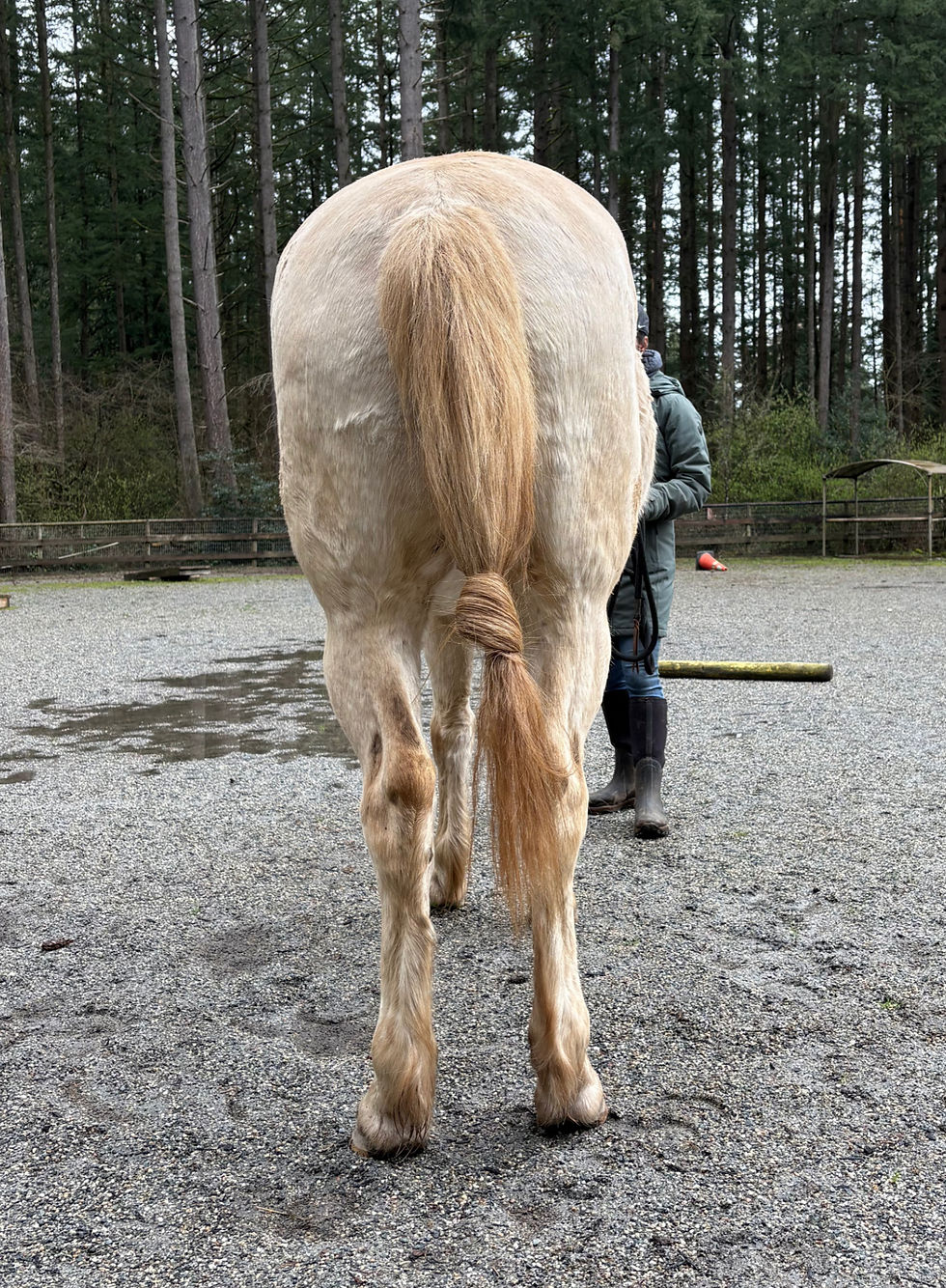Reevaluating the Approach to Equine Care: A Call for Modernization
- Elisse Miki

- Oct 17, 2024
- 2 min read
Updated: May 26
As I complete my mandatory continuing education to maintain my healthcare license, I encountered an eye-opening topic: the stark contrast between the 𝗧𝗿𝗮𝗱𝗶𝘁𝗶𝗼𝗻𝗮𝗹 𝗠𝗲𝗱𝗶𝗰𝗮𝗹 𝗠𝗼𝗱𝗲𝗹 and the 𝗣𝗮𝘁𝗶𝗲𝗻𝘁-𝗖𝗲𝗻𝘁𝗲𝗿𝗲𝗱 𝗖𝗮𝗿𝗲 𝗠𝗼𝗱𝗲𝗹 in human healthcare.
This led me to reflect on how similar patterns are playing out in equine healthcare, highlighting the need for a shift in how we care for our horses.
The 𝗧𝗿𝗮𝗱𝗶𝘁𝗶𝗼𝗻𝗮𝗹 𝗠𝗲𝗱𝗶𝗰𝗮𝗹 𝗠𝗼𝗱𝗲𝗹, still prevalent in much of equine healthcare, places the professional in control. The health provider assesses symptoms, prescribes treatments, and expects compliance from the patient (or in this case, the horse’s owner). While this model may seem efficient, it leaves no room for the patient’s preferences or input. It is an outdated, top-down approach where decisions are made for the patient, not with them.
In stark contrast, the 𝗣𝗮𝘁𝗶𝗲𝗻𝘁-𝗖𝗲𝗻𝘁𝗲𝗿𝗲𝗱 𝗖𝗮𝗿𝗲 𝗠𝗼𝗱𝗲𝗹 —which I am required to follow as a licensed human healthcare provider in BC, Canada — focuses on collaborative decision-making. This model respects the patient’s needs, preferences, and values. Care is designed with the patient’s input, ensuring a more personalized and responsive approach to health.
It made me think: if human healthcare has moved away from this archaic model, why is equine care still so rooted in it? Shouldn’t our horses deserve the same respect, empathy, and collaborative care that humans do?
It’s time to challenge the status quo in equine medical care. If we are required to maintain modern, patient-centered practices as licensed human healthcare professionals, why should equine professionals be any different? This isn't just a matter of preference—it's about ethics, respect, and the evolution of care.
It’s time for change. A movement toward equine care that truly considers the horse as an active participant, with treatment that reflects their individual needs, behaviors, and feedback.
Ready to Learn More?
Explore our Free Resources for tools you can use right away, dive into our Online Courses to deepen your knowledge, or join one of our Certification Programs to take your equine therapy practice to the next level.






Comments